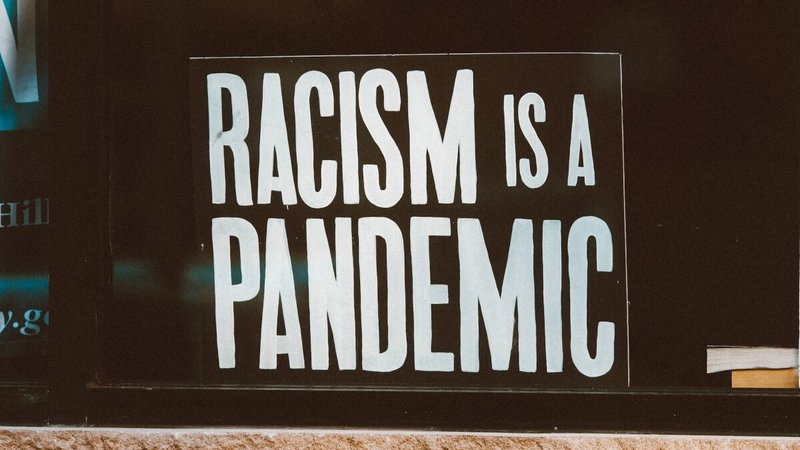Study: 63% of Int'l Students in Ireland Have Faced Racism, Verbal Abuse Most Common Form
Ireland Europe International Studies Higher Education News by Erudera News Mar 30, 2023

63 percent of international students in Ireland have personally experienced or witnessed racism, and only ten percent of affected individuals have reported incidents to the authorities, new research has revealed.
According to the findings, verbal abuse and indirect racism were the most common forms of racism experienced by students, but many respondents said they were also treated unfairly after speaking in their native language, Erudera.com reports.
The report “Speak Out Against Racism,” published by the Irish Council for International Students (ICOS), an independent advocacy organization whose mission is to support international students in Ireland, found that 42 percent of students participating in the study have faced verbal abuse. Most of these events were manifested in the form of the explicit statements while others were more discrete.
On the other hand, 39 percent of international students said they had experienced indirect racism, meaning they were treated differently just because of their race, particularly in the workplace.
“I used to work in a place where an Irish person used to always ask that I clean, while she gave different jobs to people from other nationalities that didn’t involve cleaning. I have witnessed people treat me badly and not have patience because I didn’t speak very good English,” a respondent from Brazil said.
Other forms of racism that international students in Ireland have encountered include physical and online hate speech. One in eight or 12 percent of students said they experienced physical racism, and four percent faced online hate speech.
As per their field of study, 82 percent of students experiencing of witnessing racism were enrolled in English language courses.
Rodrigo, a business studies student from Brazil who has lived and studied in Ireland for five years, speaks of his personal experiences of racism in Dublin.
— Irish Council for International Students (ICOS) (@ICOSirl) March 29, 2023
“Ireland is going backwards in how it treats international students”. #SpeakOutAgainstRacism pic.twitter.com/eFYR9rV7Mt
Many students cited a lack of trust in authorities as the main reason why they did not feel like reporting racism. Other reasons mentioned by students were:
- Lack of knowledge on reporting such cases
- Insufficient evidence
- Fear of consequences
- Language barrier
- Belief nothing would change after reporting the incident
Of 77 international students pursuing higher education degrees at Irish universities, 25 said they had experienced racism on campus. A quarter of incidents happened on streets, but discrimination was reported in restaurants too, nightclubs, and other social settings.
Laura Harmon, Executive Director of the Irish Council for International Students, said that every student in Ireland should feel safe on campus, streets, on public transport, and wherever they are.
“Unfortunately, our research shows that perpetrators of racism are everywhere and not confined to one place which is why we need a whole-of society approach to tackling the issue. Racism also has many faces including verbal, physical, indirect or online,” she said.
ICOS called on policymakers, government, and educational institutions, especially English schools to take action in solving the issues outlined in their report which was published on March 29, 2023.
ICOS has listed eight recommendations based on the findings in the #SpeakOutAgainstRacism report. pic.twitter.com/J1y3YKLHNY
— Irish Council for International Students (ICOS) (@ICOSirl) March 29, 2023
A total of 428 international students participated in the study, of whom 50 percent were female students and 49 percent were males. 97 percent of respondents to the survey were from non-EEA countries, of whom 78 percent were from Latin America. One respondent identified as Asian, one as African/Arab, and one participant preferred not to tell their nationality.
Picture: Jon Tyson | Unsplash
Recent Articles
United States
May 08, 2024
Czech Republic
May 08, 2024
Netherlands
May 07, 2024
United States
May 07, 2024
United States
May 07, 2024


